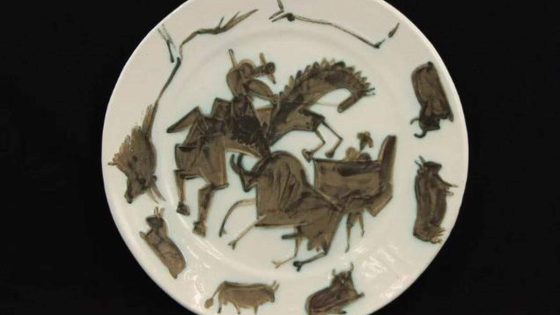Odour from livestock farming is a common concern for many Belgian communities, especially in rural areas. Understanding the source and causes of this smell can help address local complaints effectively. On 2025-05-09 21:47:00, insights from Jan Tytgat, a toxicologist and professor at KU Leuven, shed light on this issue.
- Jan Tytgat explains odor causes.
- Protein waste breakdown creates odor.
- Odor varies by season and species.
- Animal type influences odor intensity.
- Storage and carcasses affect smell.
- Feeding and housing impact odor.
According to Tytgat, the unpleasant odour originates from the breakdown of protein-rich waste products found in manure and urine. This natural process releases compounds that cause the distinctive smell often noticed near farms.
But what factors influence the intensity and presence of these odours? And how can communities better manage or reduce them? Let’s explore the key points behind these agricultural smells.
Why does the smell vary so much? Tytgat explains several parameters play a role, highlighting the complexity of the issue:
- Seasonal changes affect odour intensity
- Different animals (pigs vs. poultry) produce distinct smells
- Number of animals and their housing systems matter
- Feed type, presence of carcasses, and waste storage also influence odour
As Belgium continues to balance agricultural productivity with environmental quality, understanding these factors is essential. Could new farming methods or waste management practices reduce odour complaints? Ongoing research and local cooperation will be key to finding sustainable solutions.






























